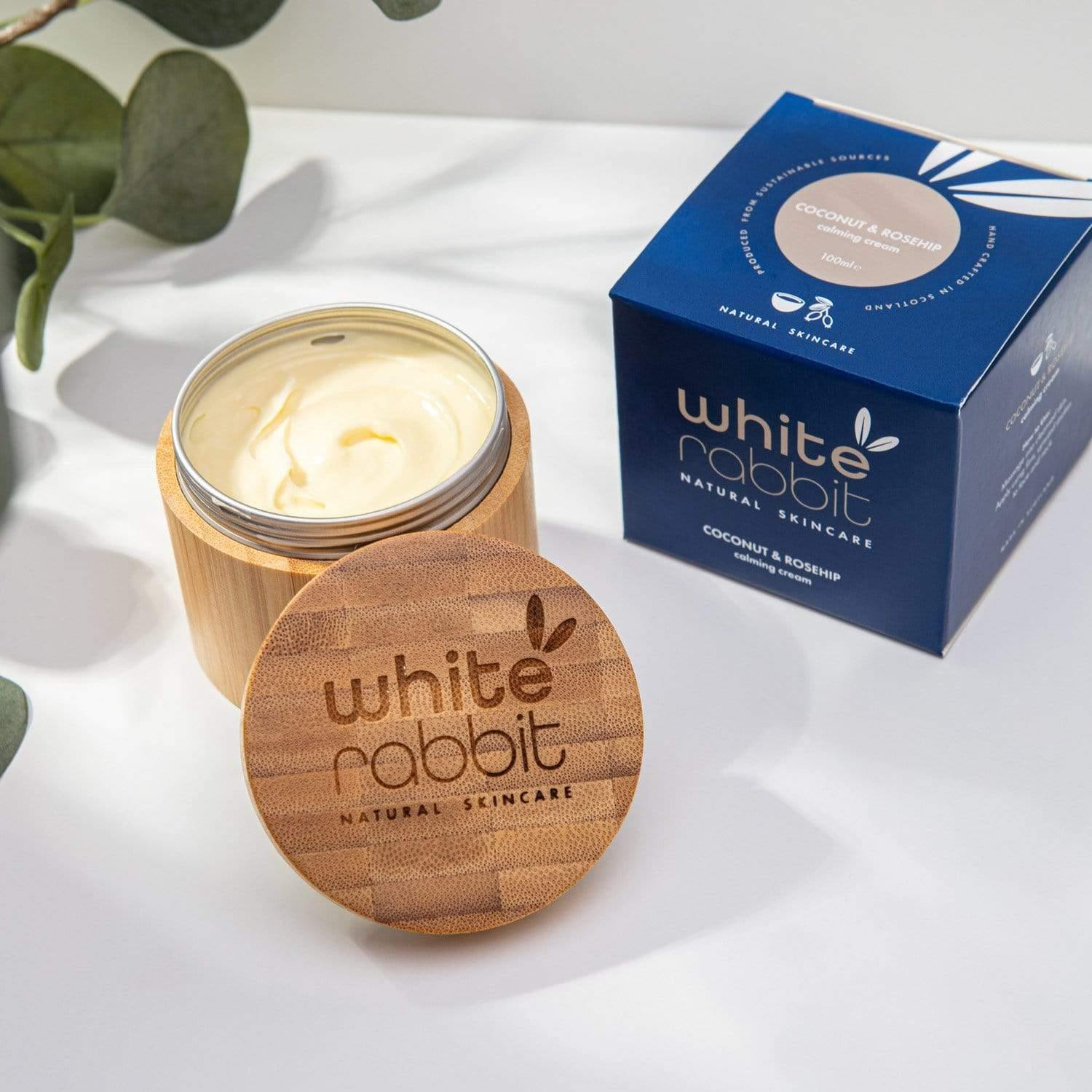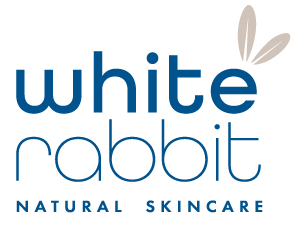This blogpost is brought to you by Trysh Sutton from Pure Path

With the recent ban on microbeads, you might be wondering how you'll keep your skin smooth and your pores clean. Microbeads are a wonderful exfoliant for your skin, but they aren't environmentally friendly which is why they have been banned by many of the major countries around the world, including the USA.
Why Are Microbeads Bad?
After you use a product with microbeads, they are washed down your drain. Some of the beads are captured by wastewater treatment plants, but the vast majority escape due to their size (less than 1mm) and eventually end up in oceans and lakes were they can disturb marine life.
Thankfully, there are several natural exfoliating products and ingredients that don’t sound as fancy but work just as well and won’t compromise our lovely planet.
Why Do You Need to Exfoliate?
Your body makes new skin cells in the dermis, which is the middle layer of skin. As these new skin cells form, they push the older, dead skin cells to the top layer of skin - the epidermis.
Eventually, some of dead skin cells are removed with regular washing but what’s left behind can make your skin look rough, dull and uneven. They can even clog pores, causing acne and blackheads.
Exfoliating removes that top layer of dead skin cells. This leaves you with more radiant, healthier looking skin. Exfoliating is important all year, but it can really help reduce dry, itchy skin in the winter.
How and When Should You Exfoliate?
How often you should exfoliate depends on your skin.
Generally, you should exfoliate your skin once per week if you have sensitive skin, and up to two or three times per week if you have normal or combination skin. It's also recommended that you exfoliate at night so you don't expose your skin to UV light and dirt just after exfoliating.
If you want to take your skin care to the next level, however, consider using a activated charcoal mask or cleanser during or after exfoliation. This helps the charcoal get deeper in your skin for better results. In fact, some of the best charcoal cleansers on the market actually have some exfoliating agent included in their concoction.
Finally, always use a toner, serum, and moisturizer after exfoliating to moisturize your skin.
9 Natural Exfoliating Agents
1. Sugar
Sugar is perhaps the most common natural exfoliant. It's used it sugar scrubs for the body and face using either white or brown sugar.
White sugar is more abrasive than brown sugar, so it's a good choice for your feet and body, but it should never be used on your face.
Brown sugar is gentler, making it a good exfoliant for your face and lips. If you have sensitive skin, you shouldn’t even consider using white sugar as a face exfoliant.
2. Salt
Both sea salt and Epsom salts make good natural exfoliators.
Salt is abrasive, so it's best for really rough skin. Salt scrubs are best for your feet, elbows, and knees because the skin is thicker and tends to get calloused.
3. Oats
If you have sensitive skin, try exfoliating with oats. Use a food processor or blender to grind long cooking oatmeal into a fine powder. Mix the oat powder with water or a carrier oil (such as coconut oil) for an easy scrub.
4. Baking Soda
Baking soda makes a very inexpensive facial scrub, and it's especially good for oily or acne prone skin. It dissolves oil while it sloughs off dead skin cells and clears pores.
It may be too abrasive for sensitive skin, but it can be used as a mask instead of a scrub if a scrub is too harsh.
Just mix a teaspoon of baking soda with water to make a paste. Then gently scrub your face or spread on your face and let sit for 10 minutes before rinsing.
5. Clay
Clay is a more gentle way to exfoliate naturally because you don't scrub off the dead skin cells. There are several types of clays, so choose the one that's best for your skin type.
Bentonite clay is the most effective exfoliator, and it's great for oily skin. You can also use kaolin clay for normal skin and rose clay for sensitive skin.
6. Citrus
Citrus fruits naturally contain alpha hydroxy acids that naturally exfoliate your skin. Not only do they remove the top layer of dead skin cells, but they also promote thicker, firmer skin by increasing the thickness of deeper layers of skin.
7. Coffee
Coffee grounds manually exfoliates by sloughing off dead skin cells. When mixed with an oil, they make an excellent exfoliating products for your body, hands, and feet. Coffee scrubs are especially good to use after gardening or getting messy because the coffee neutralizes odors.
8. Rice
Ground rice naturally exfoliates your skin. Furthermore, it's very gentle so you can use it on your face or body.
These nine natural exfoliators work to slough off the dead skin cells from the top layer of your skin, revealing better looking, smoother, and healthier skin. They can be used individually, combined or included in a face mask recipe based on your skin care goals.


